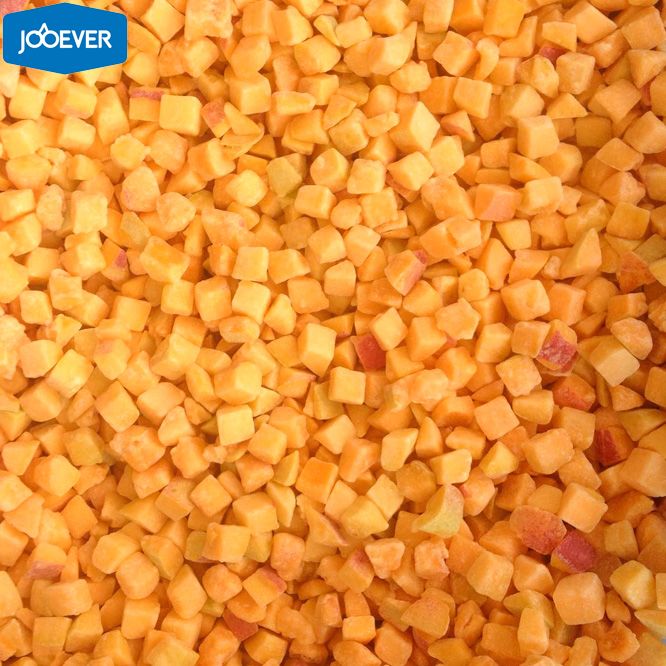Your reliable partner for frozen foods
Are you tired of constantly feeling guilty about the state of your wallet every time you buy fresh vegetables? Have you thought about purchasing frozen vegetables to save money but have been worried about the possible loss of nutritional value?
People have debated whether frozen or fresh veggies are superior for a very long time, with each side claiming that their opinion is more practical and healthy. Which one is best for your wallet, then?
To help you make an informed decision, we'll dive into the cost comparison, nutritional value, shelf life, and taste of frozen and fresh vegetables, and help you make an informed decision about which option is right for you.

Fresh vegetables, despite their obvious superiority in terms of both health benefits and convenience, can be fairly expensive depending on the time of year and your region.
On the other hand, frozen veggies are occasionally thought of as a more economical choice that can help you feed a larger family on a tighter budget. But to what extent do they provide better value.
Because they can be kept for longer without going bad and are usually less expensive, frozen vegetables are more economical than fresh vegetables. This isn't always the case, though, as some fresh vegetables may cost less while they're in season.
Fresh vegetables are often regarded as the highest standard of food quality. When they are taken at the height of their freshness and eaten immediately, they retain many of their essential elements.
This is not always the case, though. For example, it has been demonstrated that frozen spinach may have more vitamin C and iron than fresh spinach because freezing helps to preserve minerals.
Nevertheless, when veggies are frozen, some nutrients, especially water-soluble ones like vitamin C and several B vitamins, may be lost. Due to the freezing process, frozen vegetables lose part of their nutritional value, but this loss is often small.
Frozen vegetables can be kept for a long time without losing their freshness, in contrast to fresh vegetables, which spoil quickly. As a result, you can store large amounts of your favorite vegetables in the cupboard without risk and utilize them whenever you like.
Using frozen vegetables rather than fresh ones might also save you time because they don't need to be prepared in any special way. To get started, simply grab a package of frozen vegetables from your pantry.
For nights when you don't feel like cooking but still want a decent supper, this is a straightforward solution.
If you're a veggie-lover, you'll be happy to know that both fresh and frozen vegetables can taste delicious! While fresh vegetables are often praised for their crisp texture and bright flavor, frozen vegetables can be just as tasty when prepared properly.
One of the keys to bringing out the full flavor of frozen vegetables is to prepare them properly. Cook at the suggested time and temperature on the package to avoid a mushy texture and bland results.
The value of frozen vegetables is unmatched. Particularly when buying organic or out-of-season vegetables, buying vegetables frozen is frequently far more economical than buying them fresh.
We're committed to providing our customers with high-quality, flavorful, and nutritious frozen vegetables that can be enjoyed any time of year.
Give our frozen vegetables a try and see how they can help you add more veggies to your diet without breaking the bank. Kindly click here to place an order.